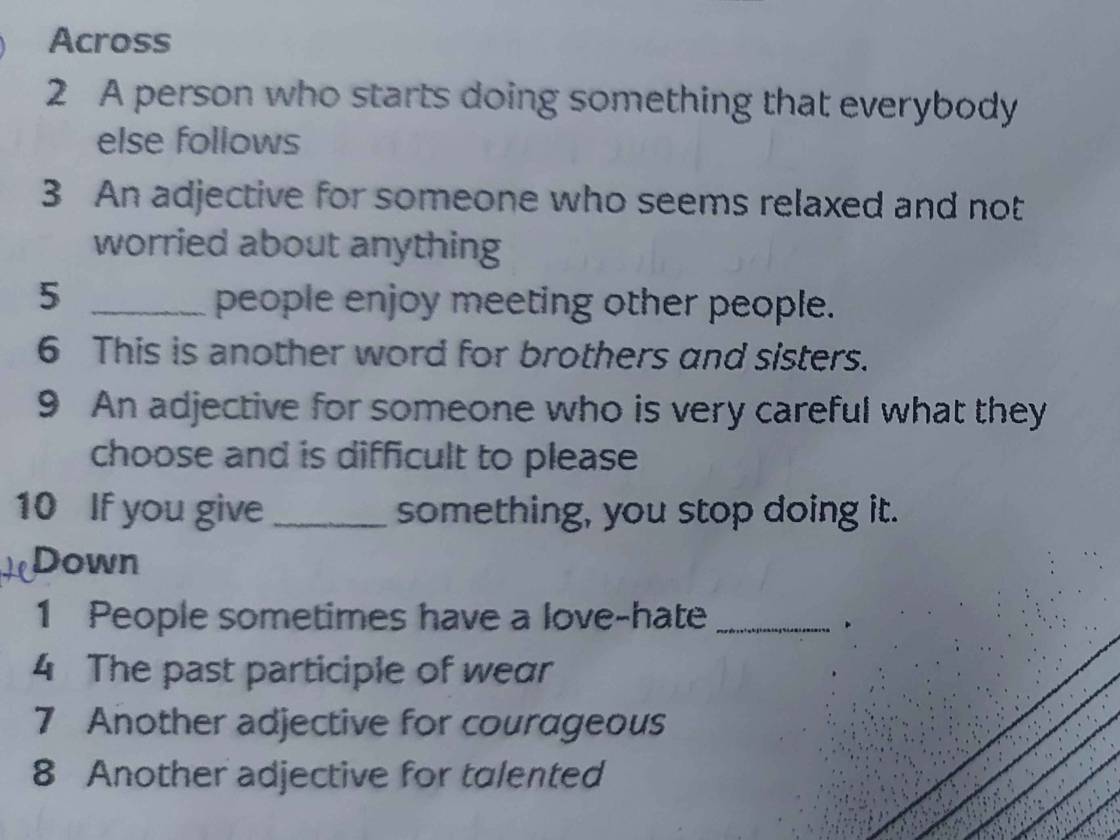For most of their time in orbit, crews are fully occupied with housekeeping, repairs and scientific experiments. But time for relaxation and recreation is essential. To reduce boredom, homesickness and isolation, astronauts are able to receive a weekly video telephone call from home, as well as daily email messages. Daily news updates also keep them in touch with events back on Earth. Communication sessions with schools and amateur radio operators are common.
If boredom sets in, there are...
Đọc tiếp
For most of their time in orbit, crews are fully occupied with housekeeping, repairs and scientific experiments. But time for relaxation and recreation is essential. To reduce boredom, homesickness and isolation, astronauts are able to receive a weekly video telephone call from home, as well as daily email messages. Daily news updates also keep them in touch with events back on Earth. Communication sessions with schools and amateur radio operators are common.
If boredom sets in, there are plenty of windows from which to admire the ever-changing view as the International Space Station orbits the planet every 90 minutes. The crew enjoy searching for familiar landmarks, watching glowing auroras or lightning flashes, and waiting for one of the spectacular sunrises and sunsets.
There is a wide choice of leisure activities, since crew members are allowed to take along their personal choice of entertainment. These range from chequers or chess sets to books and CDs. Apart from recorded music, some astronauts take along their own instruments. Favourite with the Russians is the acoustic guitar, but Expedition Three commander Frank Culbertson decided to practise his trumpet.
Time to relax and bond together is essential for any crew. Meal times are generally set aside for periods of friendly get-togethers, and evenings often see the crew settling down to watch the latest DVD movies.



